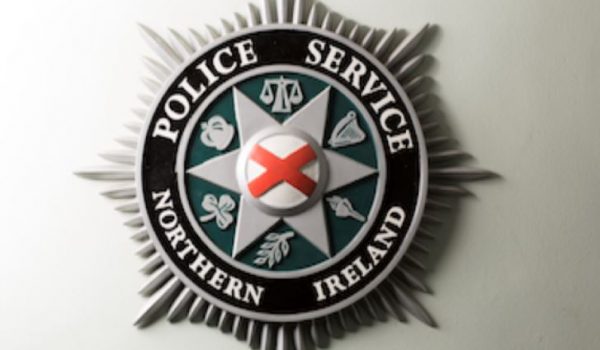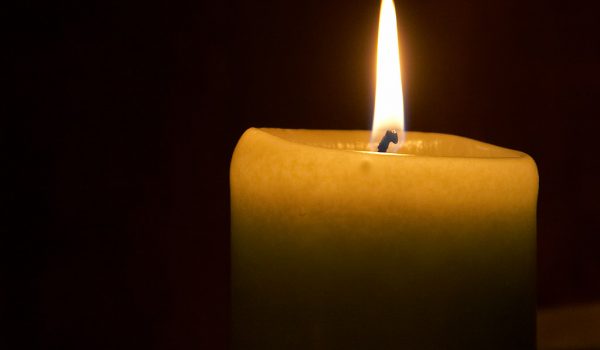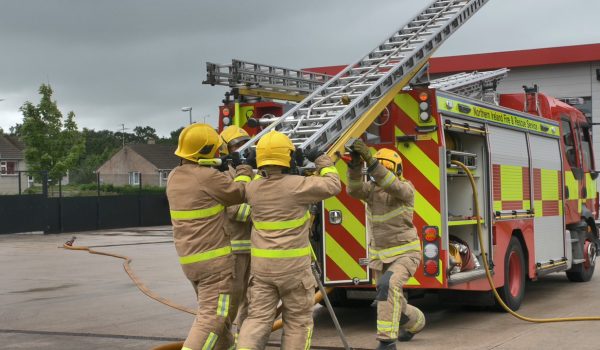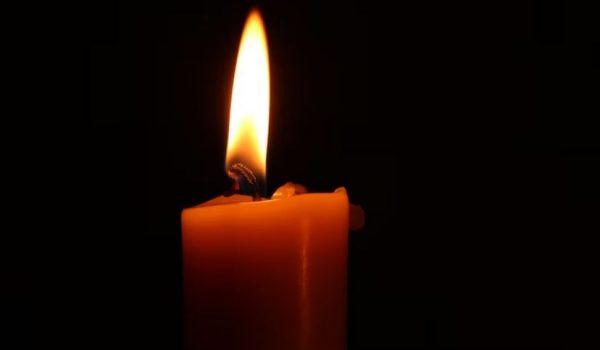
The HSE has issued a statement today in response to an alert from Met Éireann indicating that temperatures will hit 27 degrees Celsius this week with a high chance that an average temperature of 30C by day and 15C overnight will occur over the next day or so.
The body says these temperatures can have a significant effect on people’s health, if they last for at least two days and the night in between.
During a hot spell those with heart, respiratory and serious health problems are more at risk of potentially adverse effects of very warm weather, while babies and young children are also especially at risk.
While the heat can affect anyone, the following are most at risk of serious harm:
– Older people, especially those over 75
– Babies and young children
– People with serious mental health problems
– People on certain medications
– People with a serious chronic condition, particularly breathing or heart problems
– People who already have a high temperature from an infection
– People who misuse alcohol or take illicit drugs
– People with mobility problems
– People who are physically active, like manual workers and athletes.
Top tips for keeping cool
– It is best to avoid getting too hot in the first place. Stay tuned to the weather forecast.
– Remember to think of those who may be more at risk from the effects of heat.
– If you’re planning to travel, check the forecast at your destination.
– Learn how to keep cool and safe at home HSE guidance
Stay out of the heat
– Keep out of the sun between 11am and 3pm
– If you have to go out in the heat, walk in the shade, apply sunscreen with both UVA and UVB protection
– Avoid extreme physical exertion. If you can’t avoid strenuous outdoor activity, like sport, DIY or gardening, keep it for cooler parts of the day, like early morning or evening
– Wear light, loose-fitting cotton clothes and a hat to shade face, neck and ears
– Wear wrap around sun glasses with UV protection
– Wear sun protection factor: factor 30 or over with a 4 or 5 Star UVA rating on any areas that cannot be covered by clothing and a hat
– Young children, especially babies, and the elderly are more susceptible to sun damage so be extra careful.
Cool yourself down
– Drink plenty of cold drinks, and avoid excess alcohol, caffeine and hot drinks
– Eat cold foods, particularly salads and fruit with a high water content
– Take a cool shower, bath or body wash
– Sprinkle water over the skin or clothing, or keep a damp cloth on the back of your neck.
Keep your environment cool
– Keep your living space cool. This is especially important for infants, the elderly or those with chronic health conditions or those who can’t look after themselves
– Keep windows that are exposed to the sun closed during the day, and open windows at night when the temperature has dropped
– Close curtains that receive morning or afternoon sun
– Turn off non-essential lights and electrical equipment – they generate heat
– Keep plants and bowls of water in the house as evaporation helps cool the air
– If possible, move into a cooler room, especially for sleeping
– Electric fans can help but only if temperature is below 35C.
Look out for others
– Keep an eye on isolated, elderly, ill or very young people and make sure they are able to keep cool
– Ensure that babies, children or elderly people are not left alone in stationary cars
– Check on elderly or sick neighbours, family or friends every day during a heat wave
– Be alert and call a doctor or social services if someone is unwell or further help is needed.
Advice on medicines
– Many prescription medicines can reduce your tolerance of heat. You should keep taking your medicines, but take extra care to keep cool.
– Danger symptoms to watch out for in hot weather include: feeling faint and dizzy, short of breath, vomiting or increasing confusion. Take immediate action if – danger symptoms of heatstroke are present: Cool down as quickly as possible. However do not take aspirin or paracetamol – this can make you worse. Do however carry on taking all other prescribed medicines. Seek further advice from a doctor, or ring 999 if the person has collapsed.
– Keep medicines below 25°C or in the refrigerator (read the storage instructions on the packaging)
– Seek medical advice if you are suffering from a chronic medical condition or taking multiple medications.
If you or others feel unwell
– Try to get help if you feel dizzy, weak, anxious or have intense thirst and headache; move to a cool place as soon as possible and measure your body temperature
– Drink some water or fruit juice to rehydrate
– Rest immediately in a cool place if you have painful muscular cramps (particularly in the legs, arms or abdomen, in many cases after sustained exercise during very hot weather)
– Drink oral rehydration solutions containing electrolytes
– Seek medical attention as needed if heat cramps last more than one hour
– Consult your doctor if you feel unusual symptoms or if symptoms persist.
Seek advice if you have any concerns
– Contact your doctor or a pharmacist if you are worried about your health during a heat wave, especially if you are taking medication, if you feel unwell or have any unusual symptoms
– Watch for cramp in your arms, legs or stomach, feelings of mild confusion, weakness or problems sleeping
– If you have these symptoms, rest for several hours, keep cool and drink water or fruit juice. Seek medical advice if they get worse or don’t go away.
If you suspect someone has heatstroke
– Remember, heatstroke can kill. It can develop very suddenly, and rapidly lead to unconsciousness. If you suspect someone has heatstroke, call 999 immediately.
– While waiting for the ambulance, move the person somewhere cooler if possible, increase ventilation by opening windows or using a fan and cool the affected person as quickly as possibly by loosening their clothes, sprinkling them with cold water or wrapping them in a damp sheet. If they are conscious, give them water or fruit juice to drink.
– DO NOT give them aspirin or paracetamol.
Dr Patrick Ormond, Consultant Dermatologist at St. James’s Hospital also outlined the following tips on being sun safe:
– Seek Shade: UV rays are the most intense between 11am and 3-4pm, so limit sun exposure during this time.
– Cover up: Wear loose long-sleeved shirts and long pants. 95% of UV rays are blocked by cotton. Wear a wide brimmed hat that shades the head, neck, ears and face.
– Wraparound sunglasses: Wear sunglasses that block as close to 100% UVA and UVB as possible. Sunglasses are just as important for children as they are for adults and can prevent cataracts in later life.
– Wear sunscreen: Use a ‘broad-spectrum’ sunscreen that protects against UVA and UVB; – SPF minimum 30 (protects against UVB) and look for these signs (symbols) for UVA protection. Apply at least 20 minutes before going out in the sun and reapply every two hours. The amount of sunscreen that’s needed to cover the body of an average adult is around six full teaspoons of lotion. It is important to know that sunscreen use alone is not adequate protection against UV rays; you need to be aware of your skin type and how strong the UV index is. Babies should be kept of direct sunlight. People who are at high risk of skin cancer should use SPF 50.
– Know your moles: Melanoma is the most dangerous form of skin cancer. over 1,000 people are diagnosed with malignant melanoma, and over 11,100 people are diagnosed with other forms of skin cancer each year in Ireland. It is the third most common cancer diagnosed in 15 – 44 year age group. Dr Ormond stressed that “when caught early, this type of cancer can be treated effectively. However, if left untreated, melanoma can spread to other parts of the body. There are many factors that increase the risk of someone developing melanoma. These include a person with many abnormal moles, or a large number of moles – more than 50; fair complexion (fair skin, blue eyes, red/blonde hair); having had a previous melanoma or other non-melanoma skin cancer; immunosuppression (anyone who for example has had a transplant or is on immunosuppressive medication); anyone who has had a family history of melanoma; anyone with a history of childhood sunburn or anyone who has used a sunbed.”
- Mon, 23 Feb 2026
- (+353) 07491 25000
- (+353) 086 60 25000





